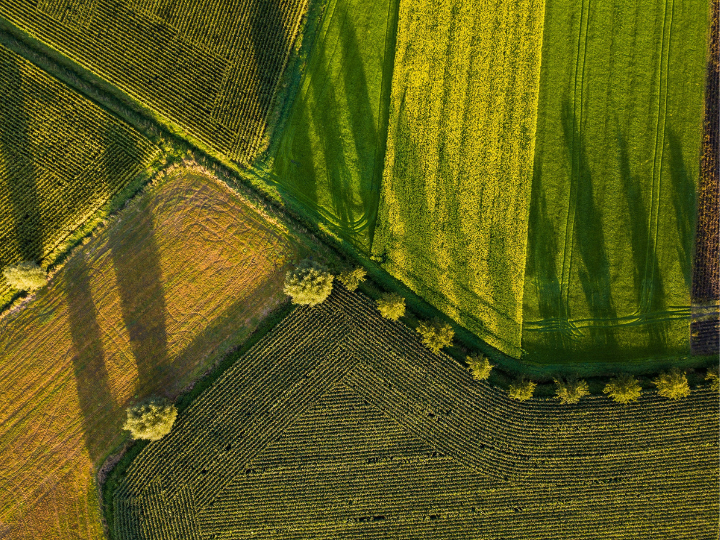by Angelo Di Mambro
The EU executive published on Tuesday (12 March) a delegated regulation to allow more flexibility to member states when applying one of the ‘good agricultural and environmental conditions’ (GAECs), the environmental requisites to receive EU subsidies.
The move is part of a package of measures – to be presented on Friday – designed to meet protesting farmers’ demand to alleviate the administrative burden of the EU’s Common Agricultural Policy (CAP).
The regulation published on Tuesday provides changes to the obligation to keep areas of permanent grassland stable since the reference year 2018, allowing more flexibility for farmers and national administrations.
Permanent grassland enriches soil, traps carbon, and promotes biodiversity and the GAEC 1 requirement stipulates that the size of the surface to be preserved or restored must be based on a ratio of permanent grassland in relation to total agricultural surface in a reference area.
The French were among the first to suggest that such obligation to maintain or restore grassland, even when the farmer has converted to arable farming, is too complex. They called for simplification on many occasions
At the last extraordinary European Council on 1 February, French President Emmanuel Macron already asked the European Commission for “flexibility” on this issue.
The publication of the regulation is just the first step before new measures will be announced on 15 March. The measures will include legislative proposals on the Common Agricultural Policy simplification and a document outlining possible initiatives on the food chain.
In total, there are nine GAECs in CAP 2023-27. But in a document circulated on 22 February, the Commission announced it was considering tweaks to four of them, including GAEC 8 (fallow land), for which a temporary and partial derogation is already in place for 2024.
All this is planned while “keeping in mind the need to maintain” the green commitments of the CAP and “the policy objectives as reflected in the decisions by the co-legislators in 2021,” the 22 February document stated.
Among the other measures considered by the Commission, there is the exemption of small farms (less than 10 hectares) from controls of compliance with GAEC requirements, and more flexibility for EU countries that want to change their national CAP Strategic Plans.
Green group reaction
Environmental NGOs warned on 6 March that the loosening of GAEC requirements “would constitute a rollback compared to the previous CAP period” in terms of environmental ambition.
On Tuesday, Greenpeace EU agriculture campaigner Marco Contiero said that “farmers are experiencing serious hardship, but these proposals do little to address that and just strip away some of the last shreds of environmental protection in the EU’s farm policy”.
“The Commission is once again beating the ‘farmers versus nature’ drum, a fake fight that shifts the focus away from the root causes of the problems farmers face and in the long run makes their situation worse,” Contiero concluded.
*first published in: Euractiv.com




 By: N. Peter Kramer
By: N. Peter Kramer

